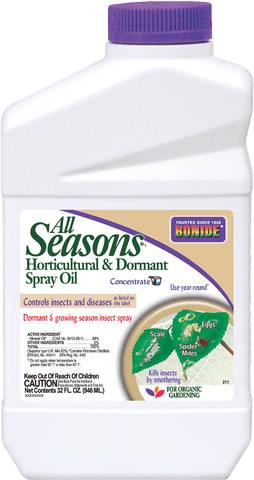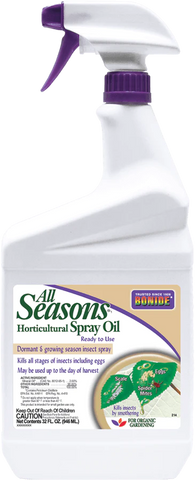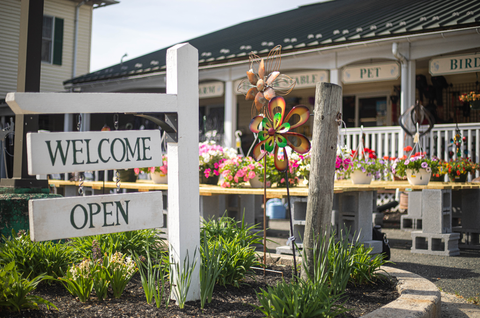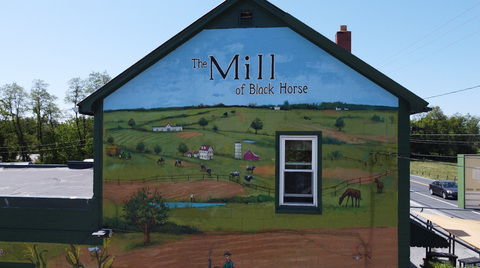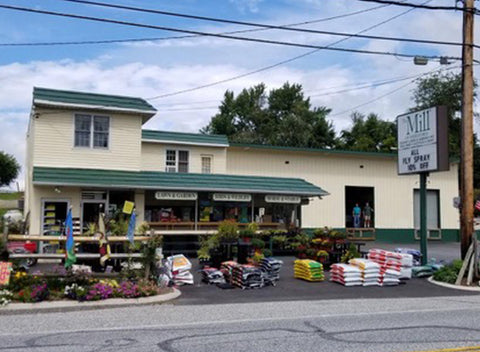Horticultural & Dormant Oil is a natural and safe approach to protect your fruit trees and rose bushes from insect and diseases. Most pests can overwinter in the soil, inside leaf buds and in rose canes. Some early pest problems can be eliminated by using a dormant oil spray after pruning and before plants send new shoots and leaf out. Dormant oil suffocates the pests and spores of fungi that overwinter. It is safe for plants and wildlife.
February is a great time to apply Dormant Oil provided you follow these guidelines:
-
Apply Dormant Oil to deciduous plants prior to them breaking dormancy.
-
Temperatures should range between 40°-70°F and when no frost is predicted for 24 hours.
-
Agitate as you spray to keep the solution well-mixed.
-
Dormant oil will suffocate overwintering insects, insect eggs, and fungal spores.
-
Young insects are more prone to dormant oil as are eggs.
-
It is best to get this done in mid to late February or early March.
-
Make sure you read the label and use the winter rate.
-
If fungal issues were prevalent in the previous season, wait 7-10 days and if you need, apply Copper fungicide.
-
Apply Copper prior to bud break. This will protect your fruit trees and roses from having fungal spores enter the terminal buds as they open.
-
Copper is also known for helping prevent Fire Blight. Apply prior to warm humid rainy weather a precursor to fire blight. Both dormant oil and copper are organic but not listed as OMRI.
-
There are OMRI listed organic oils and fungicides such as Monterey Horticultural Oil, Monterey Garden Insect Spray, and Monterey Fruit Tree Spray Plus. Keep in mind that these are safe. Use with caution to prevent harming beneficial and needed pollinators. On all plant protection products, please read the label and use them accordingly.
-
All applications are weather dependent, temperature dependent, and re-application might be necessary but limited due to toxic buildup or negative effects on beneficials.
-
Dormant oil applications after leaves have broken should be at the summer rate. During the summer, oil can make plants photosensitive and burn leaves. Please read all directions prior to spraying your plants.


